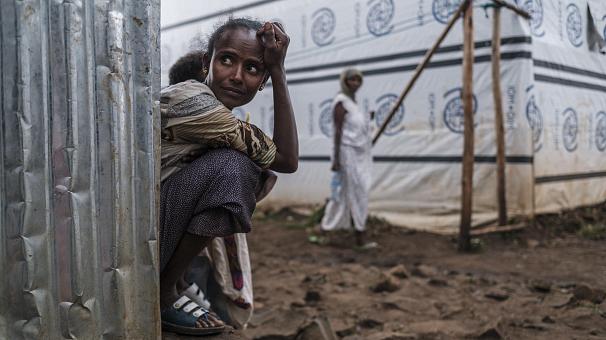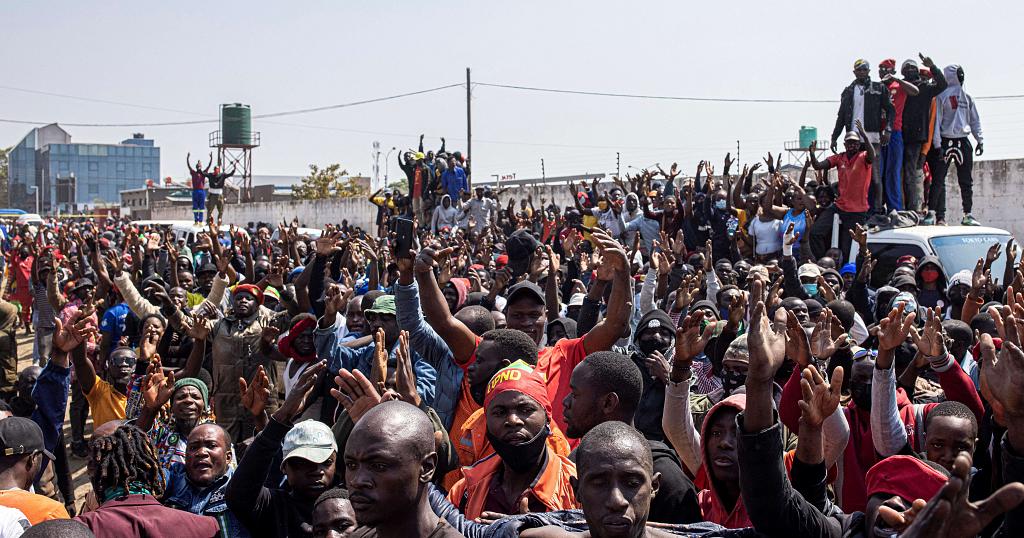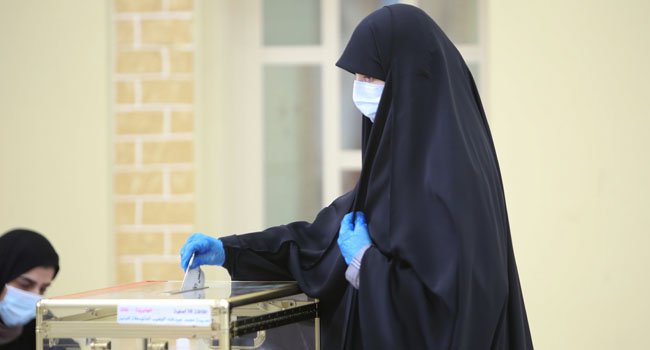UN’s humanitarian chief on Tuesday condemned “dangerous” accusations by Ethiopian government officials
that aid workers were biased in favour of — and even arming — rebel forces in war-hit Tigray.
Martin Griffiths also called for access to allow desperately needed aid into the northern region where the UN says hundreds of thousands of people are suffering from famine.
“Blanket accusations of humanitarian aid workers need to stop,” he said during a press conference at the end of a six-day visit to Ethiopia, his first mission in his new role.
“They are unfair, they are unconstructive, they need to be backed up by evidence if there is any and, frankly, it’s dangerous.”
At least a dozen aid workers have been killed since Prime Minister Abiy Ahmed sent troops into Tigray in November to topple its ruling party, the Tigray People’s Liberation Front (TPLF).
They include one Spanish and two Ethiopian staff with Doctors Without Borders who were slain in June, prompting the medical charity, known by its French acronym MSF, to suspend operations in some parts of the region.
Last month, a senior government official, Redwan Hussein, accused some aid groups of “arming the other side”, meaning the TPLF, but gave no details.
– ‘We need the war to end’ –
Abiy, winner of the 2019 Nobel Peace Prize, has said the military operations in Tigray came in response to TPLF attacks on federal army camps.
Though he vowed victory would be swift, the war took a stunning turn in late June when pro-TPLF forces retook the regional capital Mekele and the army largely withdrew.
Aid workers have complained that, even though Abiy declared a humanitarian ceasefire, aid access in Tigray is as bad as ever, hobbled by insecurity and bureaucratic hurdles.
MSF said Tuesday its Dutch section had been ordered to suspend activities in Tigray and three other regions for three months.
“We are in the process of urgently seeking clarification from the authorities around the reasons and details for this suspension,” it said in a statement, warning it would “have dire consequences” for MSF beneficiaries.
As of last week only one 50-truck aid convoy had been able to enter Tigray since Mekele fell, although Griffiths said Tuesday additional trucks had got through via the one open land route from the east.
The route involves multiple checkpoints where staff have been “interrogated, intimidated and in some instances detained”, the UN said last week.
Griffiths’ own two-day trip to Tigray was delayed when his plane and everyone on board were searched in a process that took five hours, two humanitarian officials said.
Griffiths on Tuesday reiterated the UN’s estimate that 100 aid trucks need to reach Tigray each day.
“We need assured access routes by land as well as, of course, our own flights going in and out of Mekele. And frankly we need the war to end,” he said.
At least two land routes into the region are likely needed, he added, while acknowledging the “difficulty” of establishing a route via Sudan.
Mitiku Kassa, head of Ethiopia’s disaster response agency, denounced Tuesday “pressure by some Westerners and their institutions to have a corridor opened” from Sudan into western Tigray.
– ‘Huge, urgent’ needs –
Since the rebels retook Mekele, they have launched a new offensive into neighbouring Afar and Amhara regions.
The government has said the offensive proves the rebels are responsible for hampered aid delivery.
Griffiths stressed Tuesday that the government was “the ultimate, primary actor” in ensuring that aid can reach those in need.
Currently, he said, “we’re nowhere near meeting the obligations. We are at the moment delivering an inadequate response to the task in front of us”.
The UN says fighting in Tigray has pushed 400,000 people into famine conditions, while its children’s agency estimated last week that more than 100,000 children there could suffer from life-threatening acute malnutrition in the next 12 months — 10 times the annual average.
Griffiths said the needs in Tigray “are huge, they are urgent”, addign that “now the needs are growing in Afar and Amhara”.
Wednesday marks nine months since the first shots of the war were fired.
US aid chief Samantha Power said on Twitter Tuesday that the war “has brought harrowing attacks against civilians, it is impacting millions, and it has to end.”
Power was due in Ethiopia Tuesday after visiting neighbouring Sudan, where residents of a border town Monday reported seeing bodies bearing gunshots wounds or with their hands tied floating down a river that runs from northern Ethiopia.
In Khartoum, Power said the reports appear to be “the latest example of systematic violence carried out against civilians” in Tigray.
AFP



